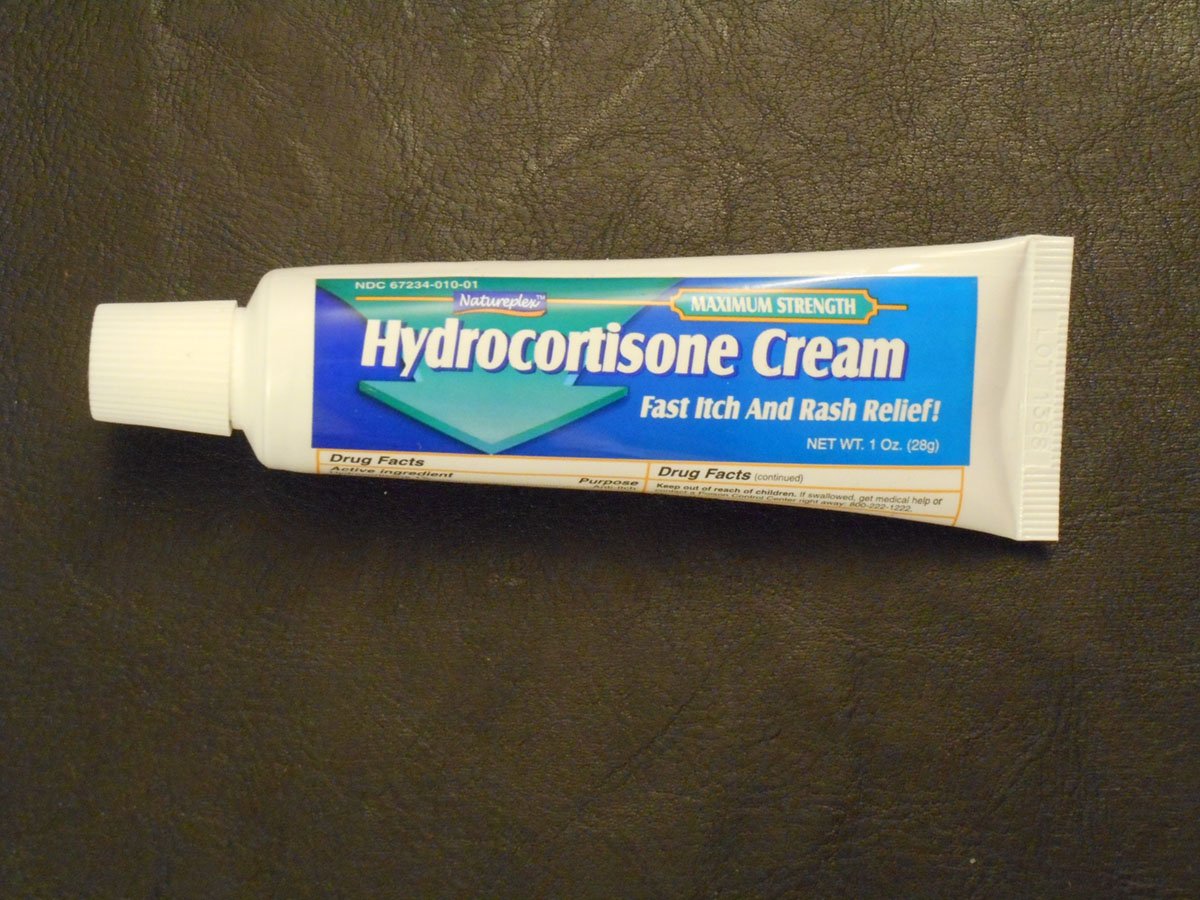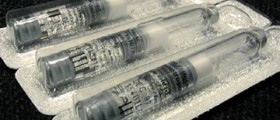
Hydrocortisone (or cortisol) is a steroid hormone, produced by adrenal gland. Low levels of the cortisol or stress are stimulating the gland to produce this hormone. Hydrocortisone is responsible for increase of blood sugar, suppression of the immune system and metabolism of fat, carbohydrate and proteins in the body.
The hormone is used to treat many inflammatory conditions, including allergies, eczemas, psoriasis (different skin conditions), arthritis, ulcerative colitis or breathing problems. Hydrocortisone comes in different pharmaceutical forms, as tablets, intravenous injection or creams.
Hydrocortisones’ short-term side effects appear up to three weeks after the start of the treatment. Those include weight gain and fluid accumulation, hyperglycemia, glucose intolerance, hypokalemia, gastrointestinal problems, sleeping issues, nervousness, restlessness, catatonia, depression, delusions, hallucinations, euphoria or mania, and violent behavior. Another short-term effect is the reversible depression of the hypothalamus-pituitary-adrenal axis.
Long-term effect appear after three weeks of therapy, also including depression of the hypothalamus-pituitary-adrenal activity, causing Cushing-like symptoms, hirsuitism, impotence, menstrual problems, different eye problems, peptic ulcer, myopathy, osteoporosis and fractures.
Use of this medication might result in diabetes, because of the decrease of glucose tolerance and hyperglycemia. Some patients on the Hydrocortisone therapy may need the diet changes and hypoglycemic medications.
Patients treated with corticosteroids could have problems with bruising, ecchymosis, petechiae striae, acne or slower wound healing.
Hydrocortisone is known to cause changes in natrium and kalium (potassium) metabolism, fluid retention, increased urea nitrogen in the blood, and decrease of thyrothropin (TSH) secretion.
Use of corticosteroids is connected to increased risk of infections in general, and increases of the liver enzymes.
Fluid retention and vascular effects of Hydrocortisone might lead to hypertension or heart failure.
Gastrointestinal side effects are frequent and patient report nausea, vomiting, anorexia and dyspepsia, rarely peptic ulcer. Doctor may prescribe some antacids to ease problems.
Muscle weakness, tendon rupture, vertebral compreesion fractures and osteoporosis have been reported as Hydrocortisones’ adverse effects. The drug inhibits the absorption and increase excretion of calcium, causing bone loss, especially risky at menopausal women. Older patients on a long term therapy (longer than 5 years) are prone to vertebral compression fractures.
Thrombocytopenia, lumphopenia and other platelet problems associated with Hydrocortisone could lead to thrombolic conditions.
Eye problems of the corticosteroid therapy include: increased intraocular pressure and glaucoma and possible cataracts.
Patients allergic to Aspirin may have problems with the use of corticosteroids. Hydrocortisone treatment in those patients might provoke bronchospasm, urticaria, angioedema or shock.
Be aware that some of the patients treated with Hydrocortisone might experience withdrawal symptoms, like nausea, vomiting, headache, anorexia, lethargy, fever or joint and muscle pains.

















Your thoughts on this
Loading...